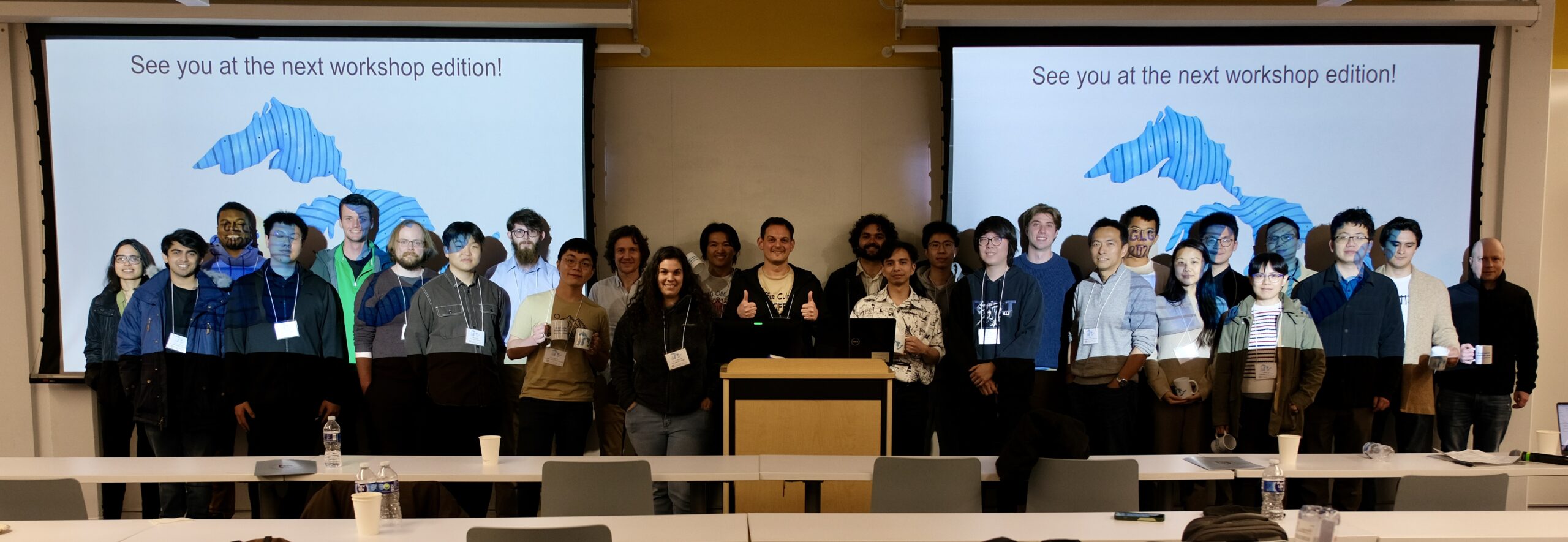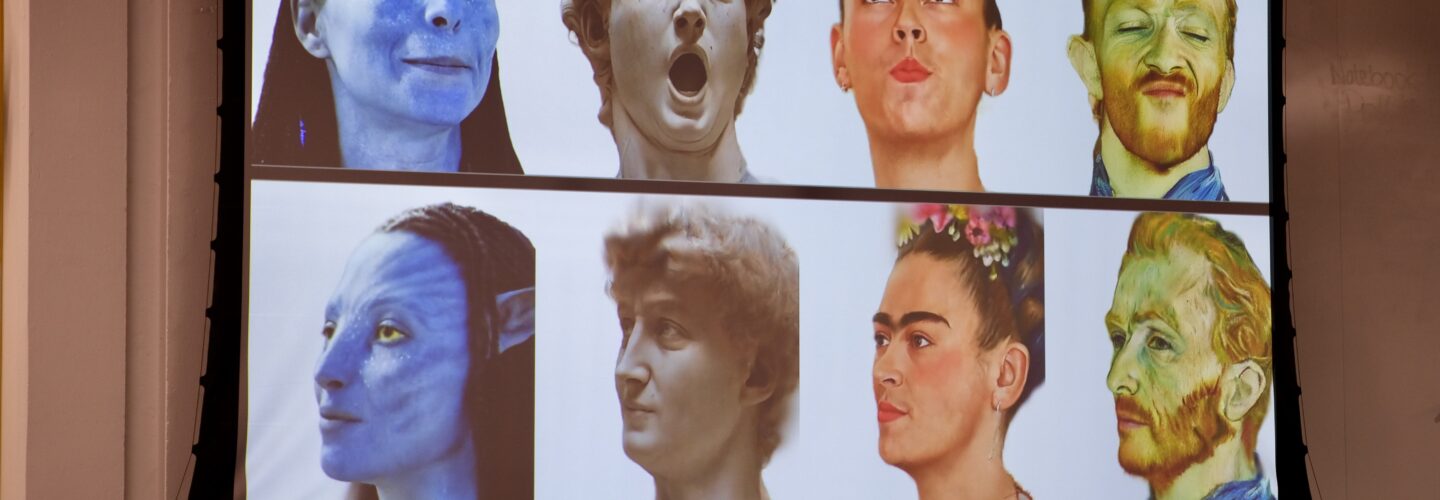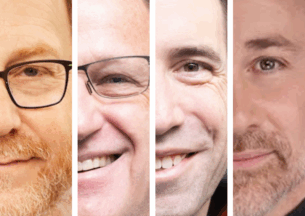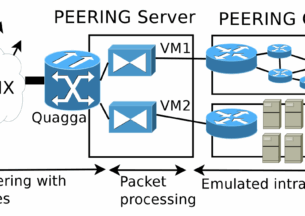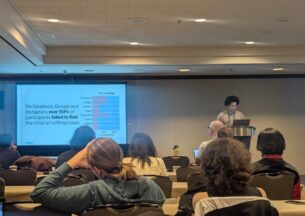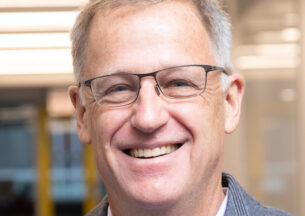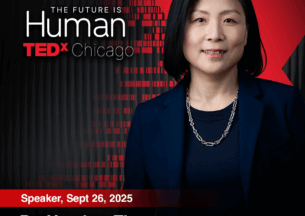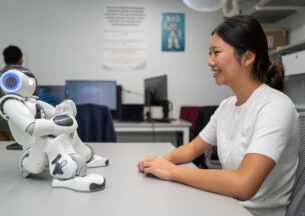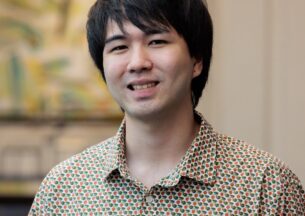The University of Chicago Hosts the First Great Lakes Graphics Workshop
The first Great Lakes Graphics Workshop took place on April 7th at the University of Chicago’s Department of Computer Science, gathering researchers and enthusiasts from across the Great Lakes region. The single-day event aimed to foster collaboration within the local graphics research community, featuring a series of engaging talks and ample networking opportunities.
Organized by researchers from the 3DL Lab at the University of Chicago—including Assistant Professor Rana Hanocka and Postdoctoral Researcher Itai Lang, along with PhD students Richard Liu, Dale Decatur, Nam Ahn Dinh, and undergraduate student Brian Kim—the workshop provided an excellent platform for academics to share their recent advances in computer graphics. The 3DL Lab, known for its cutting-edge research in 3D deep learning and graphics, focuses on developing innovative methodologies to solve complex problems in computer graphics and computer vision.
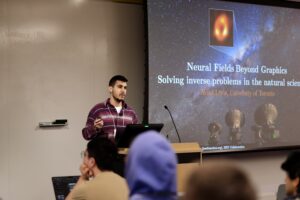 The event was divided into four main talk sessions, each focusing on different aspects of computer graphics. Session one, “Representation,” included talks on topics such as scene relighting, neural fields, and interactive 3D segmentation.
The event was divided into four main talk sessions, each focusing on different aspects of computer graphics. Session one, “Representation,” included talks on topics such as scene relighting, neural fields, and interactive 3D segmentation.
The second session, “Reconstruction,” showcased advancements in generative scene reconstruction and solutions for large-scale structure from motion and implicit surface reconstruction from sparse samples.
The third session, “Generative Modeling,” highlighted the latest optimization techniques for 3D generation, the generation of human-object interactions, and image generation by nested diffusion models.
 The day concluded with the “Emerging Directions” session, where researchers presented innovative approaches to physics-based design, weather simulation in real-world scenes, and compressible fluids and solids coupling.
The day concluded with the “Emerging Directions” session, where researchers presented innovative approaches to physics-based design, weather simulation in real-world scenes, and compressible fluids and solids coupling.
The success of the first Great Lakes Graphics Workshop marks a strong start to what promises to be an influential event for the graphics research community in the region.
“We heard extremely positive feedback about the workshop, and attendees are looking forward to the future iteration,“ said Hanocka.
“I would like to thank all the participants, the University of Chicago’s staff, and my fellow organizers for making this workshop happen,” said Lang. “Looking ahead, we’re excited to broaden the scope of the Great Lakes Graphics Workshop by welcoming more universities and academic institutions next year. See you at Great Lakes Graphics 2026!”
